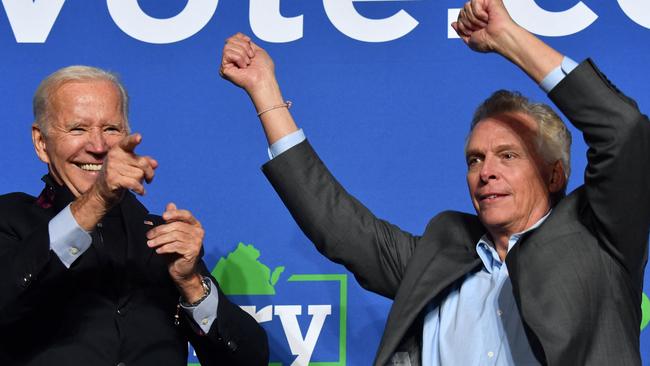
And yet sometimes, as with by-elections, they can portend something much larger. A year after Americans turned control of their national government over to the Democrats, this year’s mini-vote is shaping up to be one of those occasions, with an outcome that could signal the direction of US politics for the next few years. Next week, voters in just two states choose their governors for the next four years. In New Jersey, the Democratic incumbent is heavily favoured to win. But all eyes are on Virginia.
The Old Dominion, as it’s known, is no longer the conservative southern state that was home to the capital of the Confederacy in the US Civil War and a reliable Republican stronghold for the second half of the 20th century. In the past 20 years, driven by rapid population growth in the Virginia suburbs of Washington, DC, which lies across the Potomac River, it has become solidly Democratic, voting for the party’s nominee in each of the last four presidential elections. Joe Biden trounced Donald Trump here by 10 percentage points a year ago.
But the result this time is on a knife-edge. Latest opinion polls show the race essentially tied between Terry McAuliffe, the Democratic candidate, and Glenn Youngkin, his Republican opponent. McAuliffe is seeking to reclaim the office he was forced to vacate four years ago - state law bars consecutive terms. He is in some ways the near-perfect model of what the Democratic Party has become in the last few years. A close associate of Bill Clinton, in the 1990s he was one of the architects of the New Democratic Party, the centrist reinvention on which the progenitors of New Labour modelled themselves. But as the party has moved rapidly left, especially on cultural issues, McAuliffe has followed. Biden’s current woes, caused by confusion and uncertainty in the face of the continuing Covid pandemic, a weakening economy, accelerating inflation, chaos at the southern border and the humiliating withdrawal from Afghanistan, have all served to erode McAuliffe’s poll numbers.
Virginians are coming together to reject the Trump-Youngkin agenda and choose a better future for our Commonwealth. Let's do this, team. 🗳ï¸âž¡ï¸ https://t.co/ntElDYsRQTpic.twitter.com/u8eYsB2GYJ
— Terry McAuliffe (@TerryMcAuliffe) October 28, 2021
The biggest issue, however, is a local one, but one that captures better than any other the primary political cleavage in the whole country, and one that could spell serious trouble for the Democrats: America’s increasingly bitter culture war.
1000+ energetic Virginians showed up on a rainy Thursday evening in Augusta County because they are sick and tired of the same old polices and politicians of the past. It’s time for a new day in Virginia. #WinWithGlennpic.twitter.com/YLZw86aeZ5
— Glenn Youngkin (@GlennYoungkin) October 29, 2021
Public schools in many parts of the state, under the control of a breed of progressive educationalists, have been promoting the teaching of so-called critical race theory, the idea that America is inherently racist, that all its economic and social institutions reflect historically embedded white supremacy, and that children should be taught that white privilege needs to be acknowledged and extirpated from private and public life.
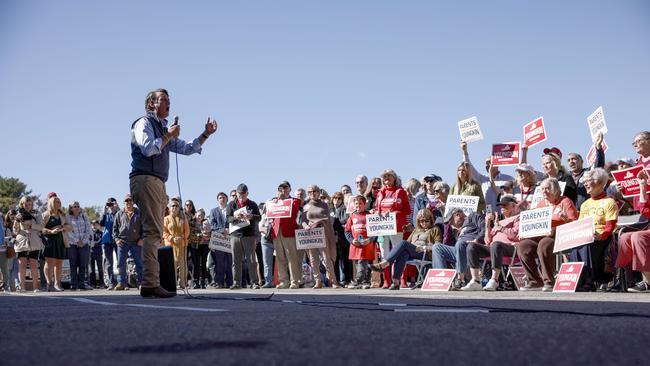
A succinct expression of the full lunacy of this ideology was recently offered by Phoebe Cohen, a professor at Williams College in Massachusetts, who told The New York Times in a report about merit-based admissions in academia that the very notion of intellectual reasoning was racist. “This idea of intellectual debate and rigour as the pinnacle of intellectualism comes from a world in which white men dominated.”
Many of Virginia’s school districts are faithful propagators of this anti-Enlightenment ideology. They have also been aggressive advocates of policies to promote transgenderism, requiring schools to, for example, allow children to use lavatories of the gender with which they identify.
The reaction of many parents has been fury. At school board meetings across the state in the last few months, they have protested loudly against these curricular and administrative policies. McAuliffe has refused to condemn the progressive school administrators. In fact, in an infamous moment in one of the televised debates with his opponent last month, he seemed to suggest parents should keep their noses out of the schools. “I don’t think parents should be telling schools what they should teach,” he said.
The Virginia race looks like being the biggest test yet of the cultural progressivism Democrats - including Biden himself - have embraced. As Daron Shaw, professor of political science at the University of Texas, tells me, the party’s posture is the result of aggressive progressivism that may now have gone too far for most voters. “Positions that were regarded as far-left 10 or 15 years ago have become utterly mainstream now. The lesson the left has learnt from that is not to ask for piecemeal accommodations on these issues but to demand the whole cake.”
Perhaps aware of their overreach, the Democrats are resorting to what they see as their ultimate weapon: Donald Trump. Whatever their misgivings about the cultural revolution under way in their state, many Virginians regard the former president, and his continuing refusal to accept the result of last year’s election, as a menace to the constitutional order. When Biden campaigned for the Democrats in the state this week, he mentioned Trump 26 times in a short speech.
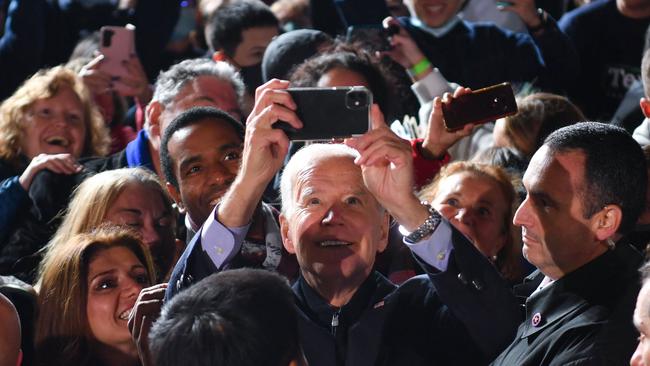
This is why this election is such an intriguing test of national US politics: it is a contest between woke Democrats on the one hand pushing an ideology beyond where most Americans want to go; and on the other, the spectre of Trump, brooding in the wings, scaring perhaps just enough voters to keep Democrats in power.
Next week we will start to get a sense of how this battle is resolved.
The Times


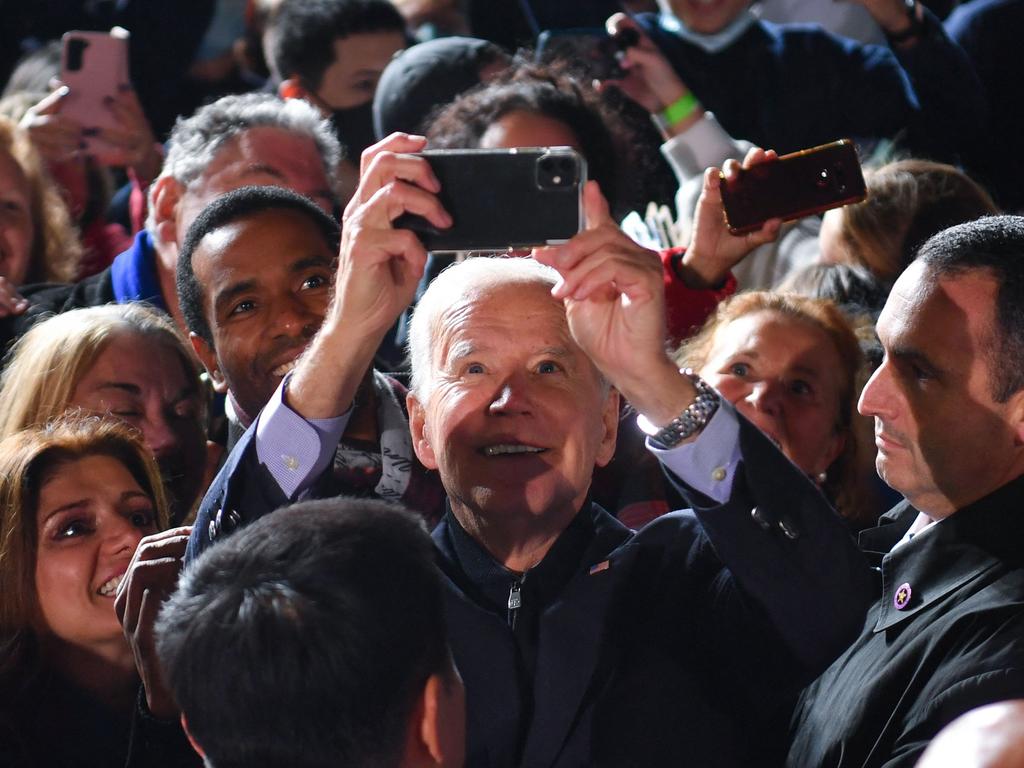


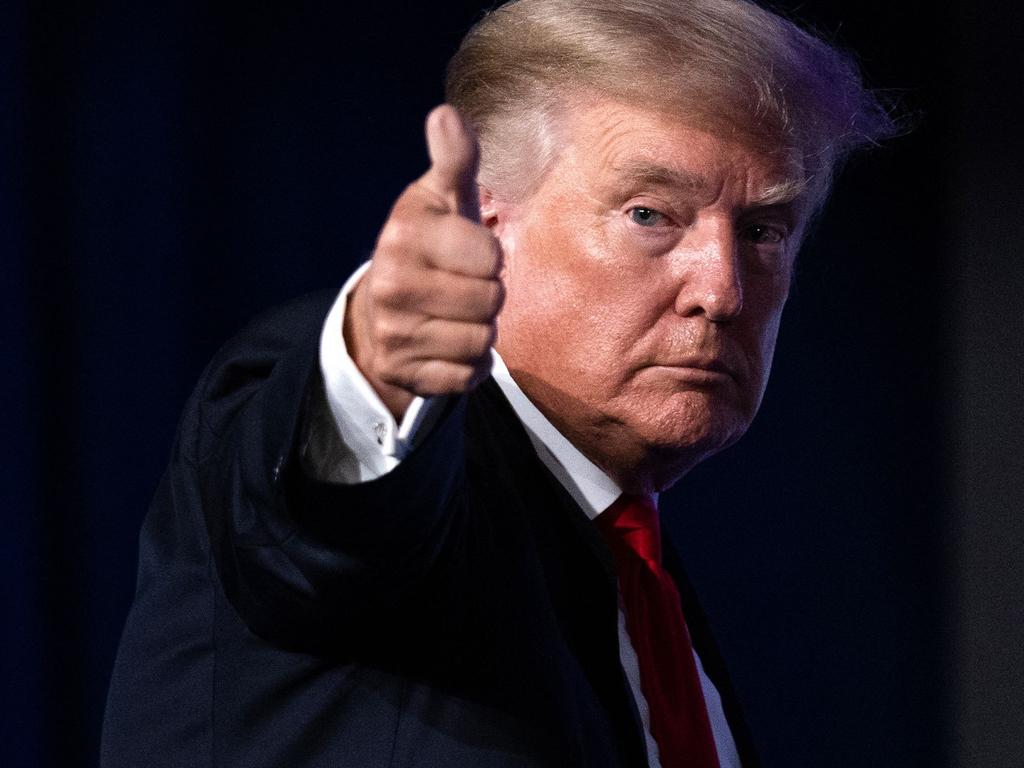
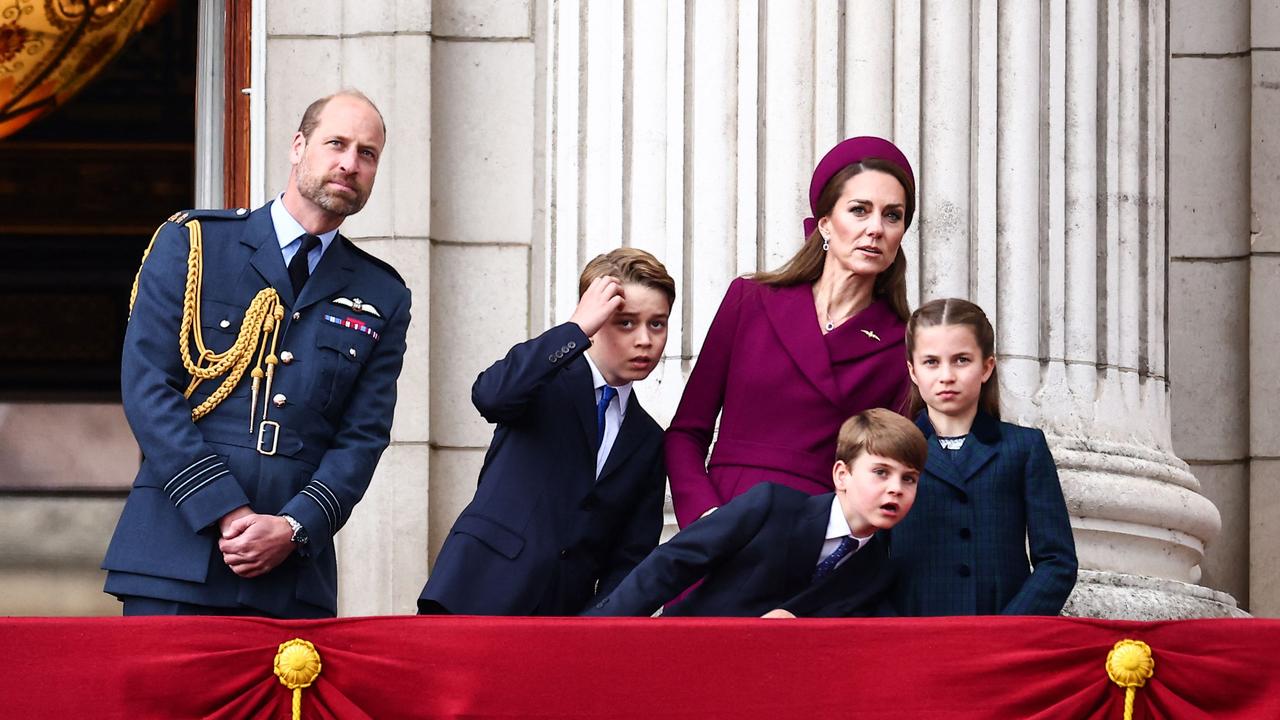

Like British parliamentary by-elections, American state polls in the so-called off-years such as this one are invested by political rune-readers with exaggerated significance. More often than not, like most by-elections, these contests carry few real implications for national politics. Marked by low turnout, they often deliver a rebuff to the party in power nationally as its supporters lack the zeal to go out and vote. A year or so later, when the real national contest happens, the results - and the outsized political predictions made in their wake - are largely forgotten.